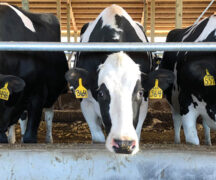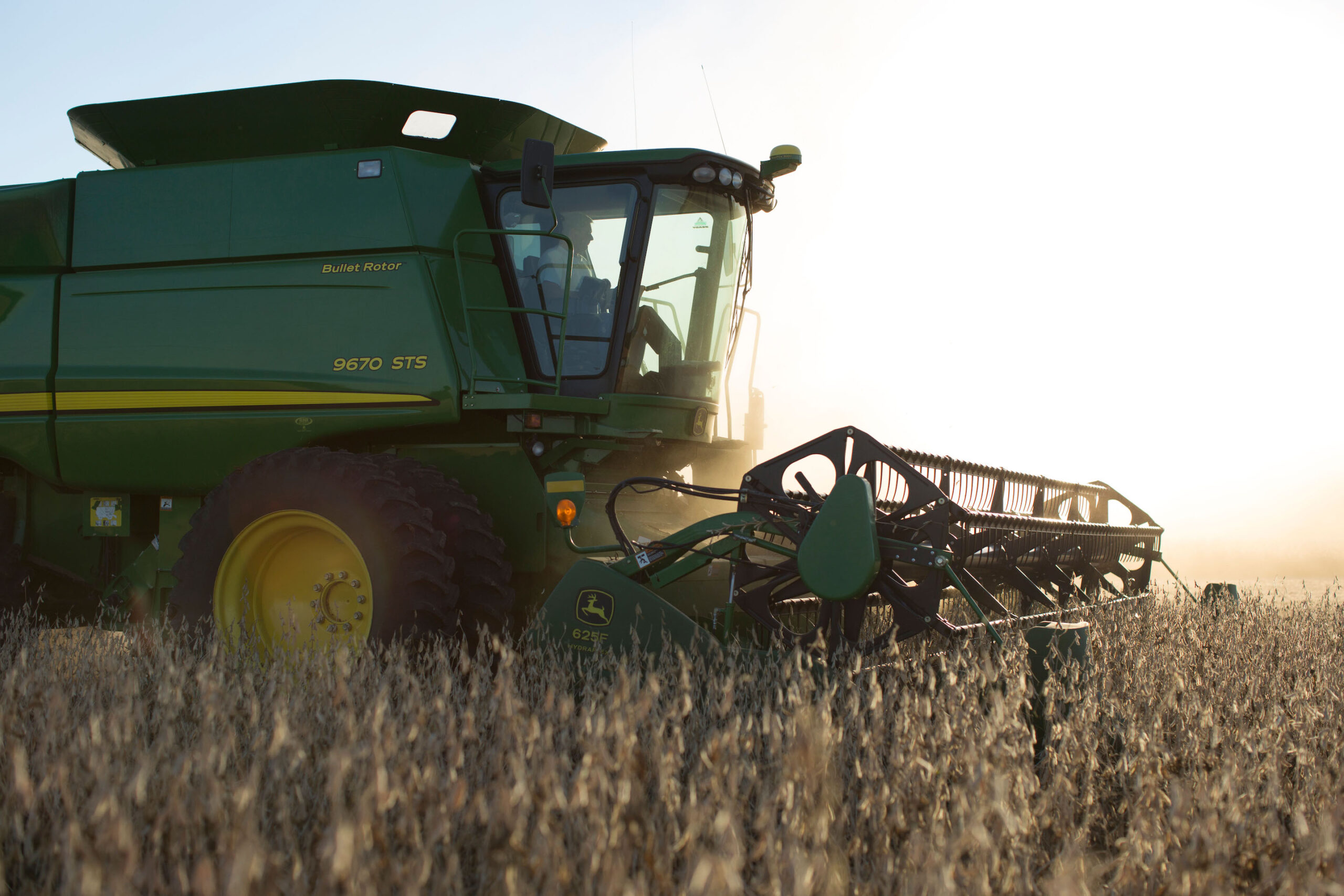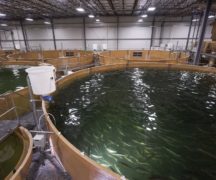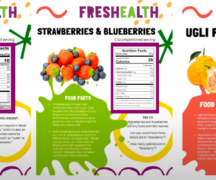By JULIE CARLE
BG Independent News
A Hicksville, Ohio, production facility is turning chicken manure into a product that redefines plant nutrition management with the potential to boost farmers’ return on investment and protect the environment.
Speaking at the October CIFT Agribusiness Forum, Sonia Nofziger-Dasgupta, director of business development at EnviroKure Inc., said the Philadelphia-based company has “pioneered technology to maximize the potential of all fertilizers.”
The Hicksville plant, which sits immediately adjacent to Hillendale Farms, utilizes the chicken manure from the company’s four million laying hens for its products. EnviroKure’s process uses its patented hydrodynamic bioconversion technology to create two products—a solid, less used, fertilizer that can be directly applied to land, and its “foundational Biostim product” that can be blended into a variety of products and utilized as an ingredient in value-added fertilizers, Nofziger-Dasgupta said.
Chicken manure is historically known as “nature’s finest fertilizer,” she said, but it is also known to harbor pathogens such as E. coli and salmonella. EnviroKure’s technology removes pathogens and produces a product that is soil-building and amplifies nutrients in the soil.
“Our products produce stronger roots, better germination, earlier plant emergence, and improved plant growth, which leads to healthier plants with higher stress tolerance, more resiliency and higher quality,” she said. That adds up to improved yields and a better bottom line for farmers.
“The way our products work, we are improving the overall carbon sequestration,” she said, which is the process of capturing and storing carbon dioxide (CO2) from the atmosphere to reduce the amount of carbon in the atmosphere and limit climate change. “It builds the soil, creates the reserves in the soil, but also helps with overall reduction in emissions and improved carbon footprint for farms using our product.”
The company spent 12 years developing the technology before building and opening the Ohio facility in 2022. During that time, the company has developed 38 granted and pending patents in the U.S. and globally, and the technology is operating on an industrial scale, she said. The patents cover the use of any animal manure, not just chicken manure.
“The sustainability is unquestionable. Through our process, we are creating an opportunity to improve the soil, and in the long run, reduce fertilizer and nutrient runoff, as well as the emissions that come from both fertilizer and chicken manure land applied,” Nofziger-Dasgupta said.
Currently, 65% of applied fertilizers are not adequately utilized by the plants due to runoff, timing of application or overall quality of the soil, she explained. “That is the problem we feel we can solve by tracing the nutrient efficiency, building the soil health, and improving the plant health to make a difference and reduce the global fertilizer needs,” she said.
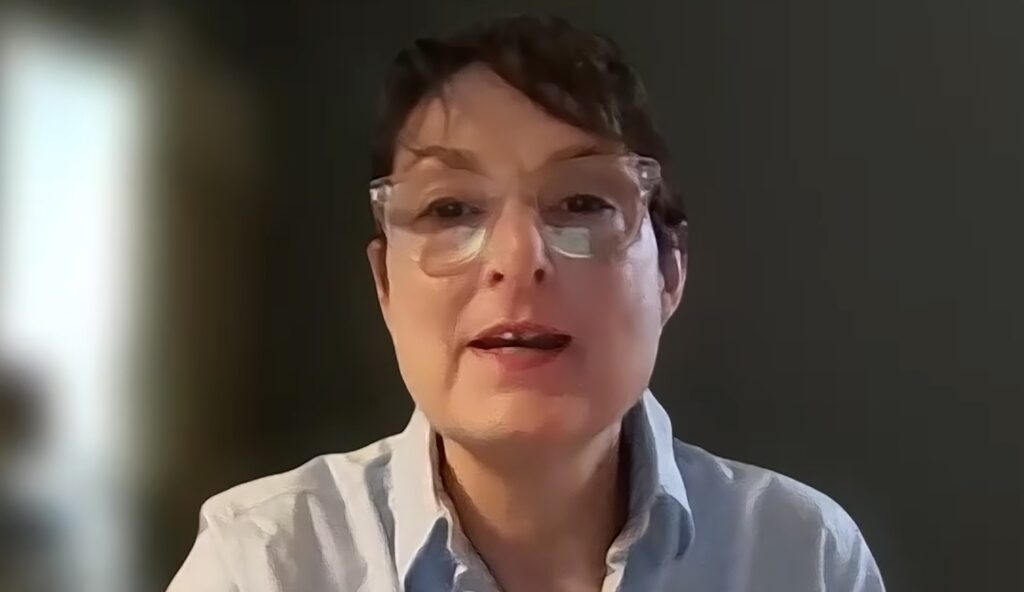
The technology combines several disciplines: 1) digest the organic matter; 2) create transformed nutrients and carbon into plant-usable forms to be used immediately by the plant; 3) cultivate the native beneficial microbes that are in the product; 4) destroy pathogenic organisms, antibiotic residues and viruses, such as Avian flu; 5) synthesize metabolites to enhance plant growth; 6) hydrolize protein into peptides and amino acids; 7) boost plant metabolism.
“This is not liquid manure; we aren’t just adding water,” she said. “Through technology, we have developed three complexes of microbes, minerals and metabolites— the key to plant growth and soil health,” she said.
Results to date have been favorable, with farmers across the country using the products for the past five or six years on 13 different crops and over 150 trials. At the end of the season, yields improved between 8% and 14% across the crops tested even when there was too much or not enough water. Corn trials and soybeans showed approximately 95% positive results.
“All this leads to what is most important to farmers, including improved farm yields and farm revenues, Nofziger-Dasgupta said.
For the public good, EnviroKure’s biostimulants and biofertilizers will reduce nutrient and phosphorus runoff, which are big concerns in northwest Ohio,
The future of agriculture will rely on farmers being able to feed 10 billion people, the projected world population by 2057. “To do that, we need to increase production without increasing the land use,” she said. Because more and more fertilizers have degraded the soils and made them less effective, Nofziger-Dasgupta said, “We need to make every acre more productive, and we do that by rebuilding the soil to make the nutrients more efficient and effective.”


